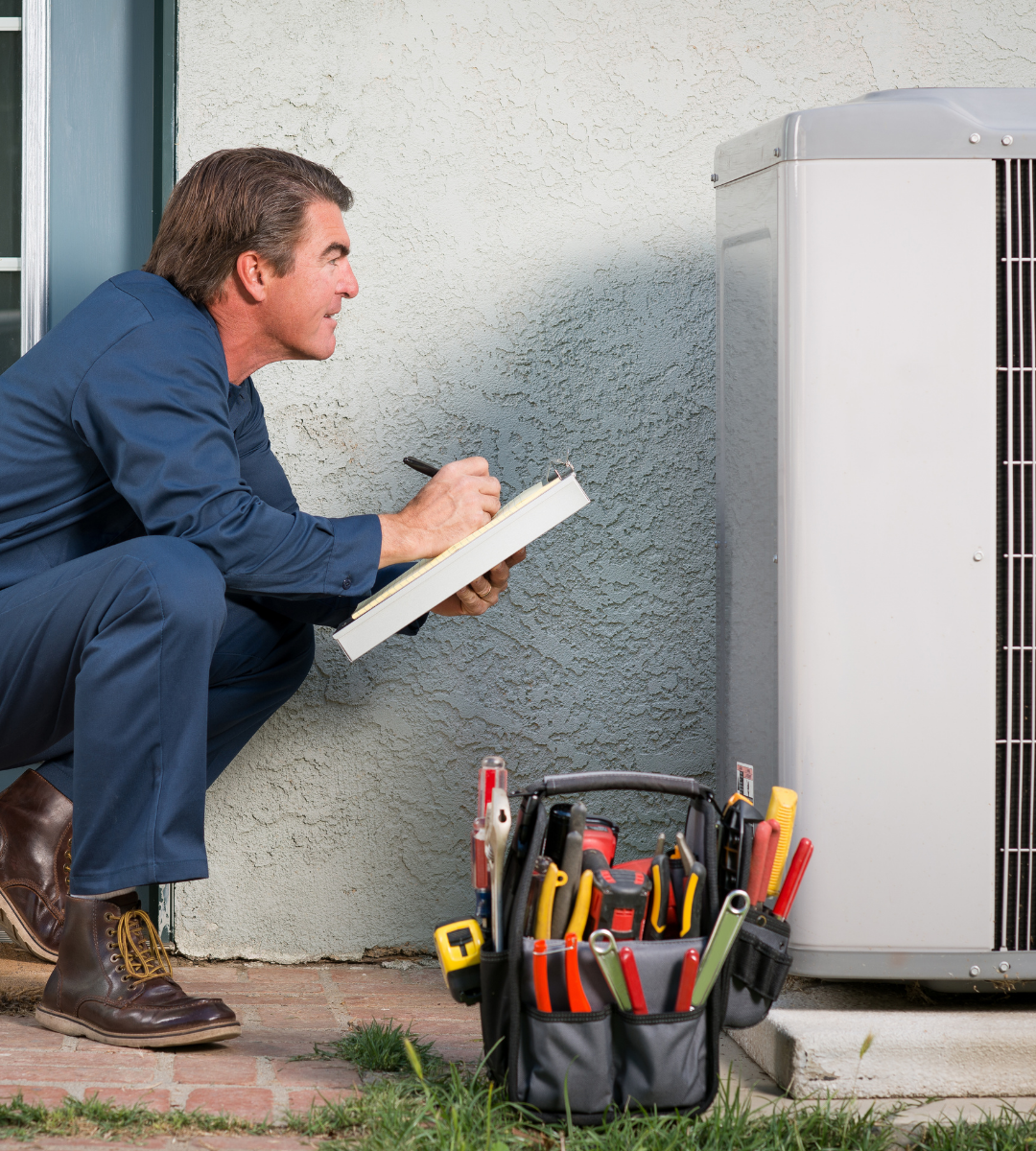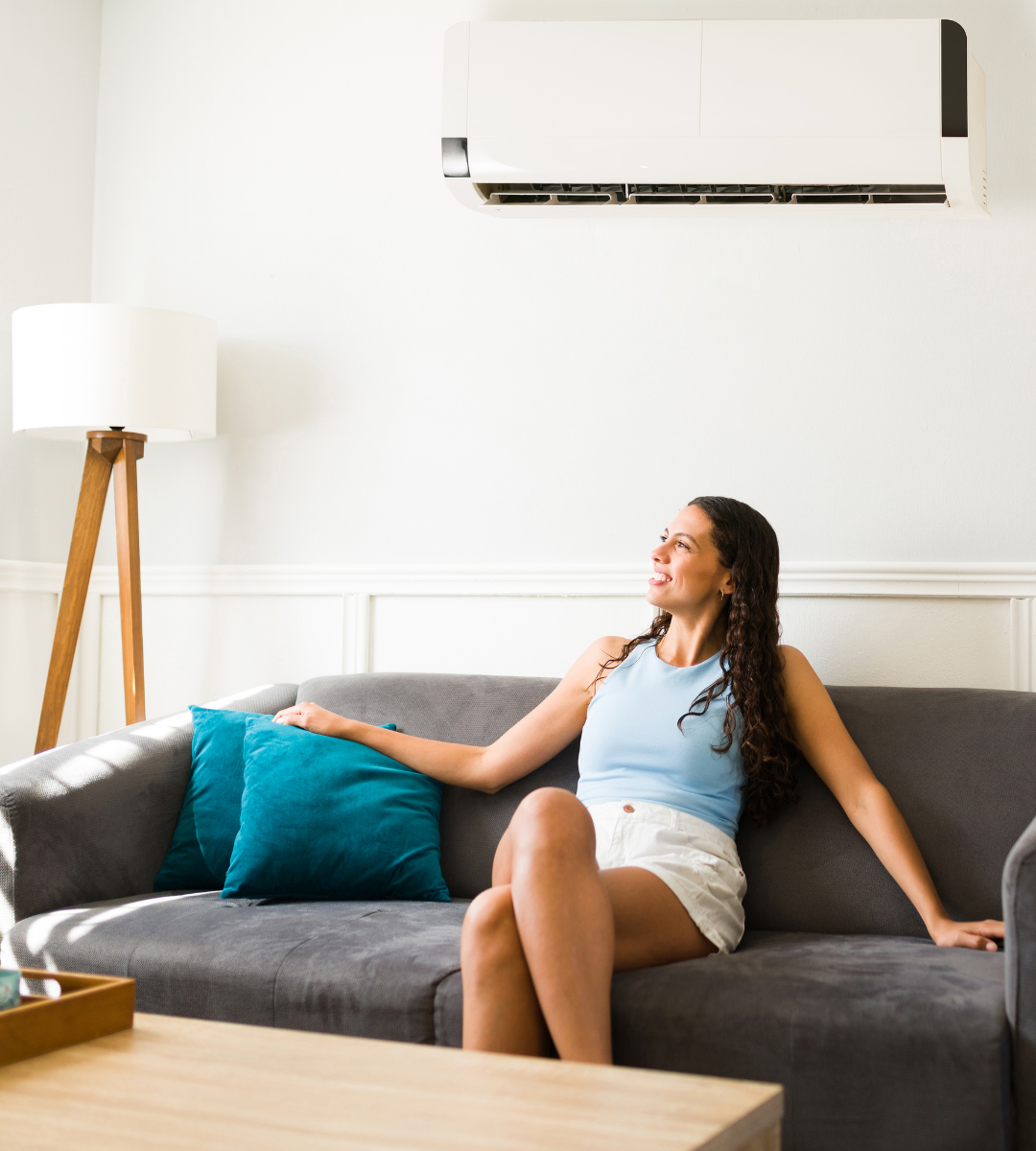Arizona’s Essential Service Laws: Air Conditioning
 Arizona’s Essential Service Laws: Air Conditioning
Arizona’s Essential Service Laws: Air Conditioning
By: Christopher Walker
In Arizona, the relationship between landlords and tenants is governed by both the lease agreement and the provisions outlined in the Arizona Residential Landlord and Tenant Act (A.R.S. §§ 33-1301 et seq.). According to A.R.S. § 33-1321, landlords are required to maintain the leased premises and comply with all building codes that materially affect health and safety. A.R.S. § 33-1364 provides tenants with specific remedies if a landlord deliberately or negligently fails to provide an essential service. This article will focus on the essential service of air conditioning.
As we all know, summer months in Arizona can be extremely hot. From early June through late September, residents experience significant heat, with temperatures often soaring into the triple digits. As landlords, we have an obligation to ensure that the leased premises are adequately cooled. What constitutes "adequately cooled" depends on the property's location.
- Phoenix
- If your property is located within the jurisdictional boundaries of the City of Phoenix, the premises must be capable of being cooled to a temperature no greater than 86 degrees Fahrenheit, if cooled by evaporative cooling, or 82 degrees Fahrenheit, if cooled by air conditioning.
- Tempe
- If your property is located within the jurisdictional boundaries of the City of Tempe, the premises must be capable of being cooled to a temperature no greater than eighty-eight degrees (88º) Fahrenheit, if cooled by evaporative cooling, or eighty-two degrees (82º) Fahrenheit, if cooled by air conditioning.
- Scottsdale
- If your property is located within the jurisdictional boundaries of the City of Scottsdale, cooling facilities shall be provided, capable of maintaining room temperature of not more than 85°F (29°C) in all habitable rooms, bathrooms and toilet rooms, based on the summer design temperature of 107°F (42°C) for Phoenix, per Appendix D of the International Plumbing Code.
- Peoria
- If your property is located within the jurisdictional boundaries of the City of Peoria, the premises shall be provided with active or passive space-heating and space cooling systems capable of maintaining temperatures between 70°F (21°C) and 90°F (32°C)
State Officials Warn Landlords: Cooling Is a Legal Requirement
For all the temperature guidelines listed above, the temperature measurements are to be taken at a distance three (3) feet above floor level in the center of the room.
Recently, the Arizona Attorney General initiated a social media campaign advising tenants of their rights to file complaints if their landlords fail to provide adequate cooling. In 2024, the Attorney General sued at least one Arizona landlord for not taking necessary action to provide the essential service of air conditioning after a mechanical failure with their chiller system. Furthermore, the Attorney General has sent warning letters to landlords who received complaints in previous years, emphasizing the need to ensure that they are providing the legally required amount of cooling. These letters threaten litigation and the pursuit of monetary damages against landlords who do not comply.

Cooling System Failures Are Emergencies, Not Inconveniences
It is crucial to recognize that maintenance issues affecting systems providing heating and cooling can occur from time to time. When such equipment malfunctions, it creates an emergency that requires immediate attention. During the summer months, when indoor temperatures may exceed the legally mandated limits without air conditioning, landlords should treat these issues as emergencies and take prompt action to restore cooling services. While landlords may use portable air conditioning units to assist in these situations, it is important to note that a portable unit typically cools an area of only 200 square feet, making it inadequate for cooling an entire apartment. In such cases, using model or vacant units to accommodate affected tenants or arranging suitable off-site housing is appropriate.
Tenants May Be Entitled to Rent Relief or Reimbursement
Landlords should be aware that tenants may seek to reduce their rent based on the loss of an essential service. With regard to cooling, A.R.S. § 33-1364(A)(1) grants tenants the right to procure reasonable amounts of cool air and deduct the actual costs from their rent. Alternatively, tenants may seek damages for the diminished value of their rent due to the lack of cool air or may obtain reasonable substitute housing while the cooling system is down. In this instance, the tenant would be excused from paying rent for the duration of the cooling system outage. If a tenant chooses to find substitute housing, they may recover no more than 125% of the rent abated as per A.R.S. § 33-1364(A)(1) while repairs to the cooling system are underway.
As with any legal matter, if there is an issue that arises in which your tenant seeks to reduce the rent or terminate the lease, you are encouraged to reach out to an attorney. As each case is unique, an individualized assessment of the facts is required before clear guidance can be given.
1 See City of Phoenix Code Section 39-5
2 See City of Tempe Code Section 21-34
3 See City of Scottsdale Code Section 31-52(c),
4 See City of Peoria Code 602.2

